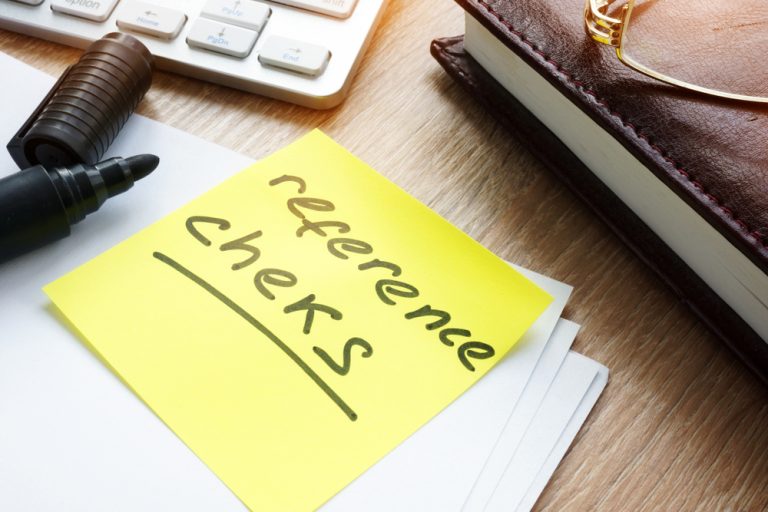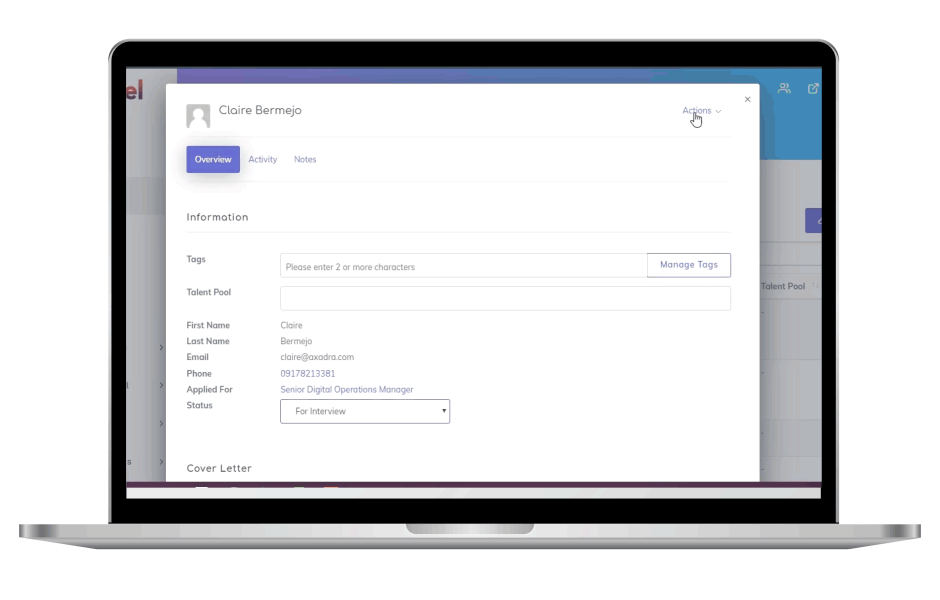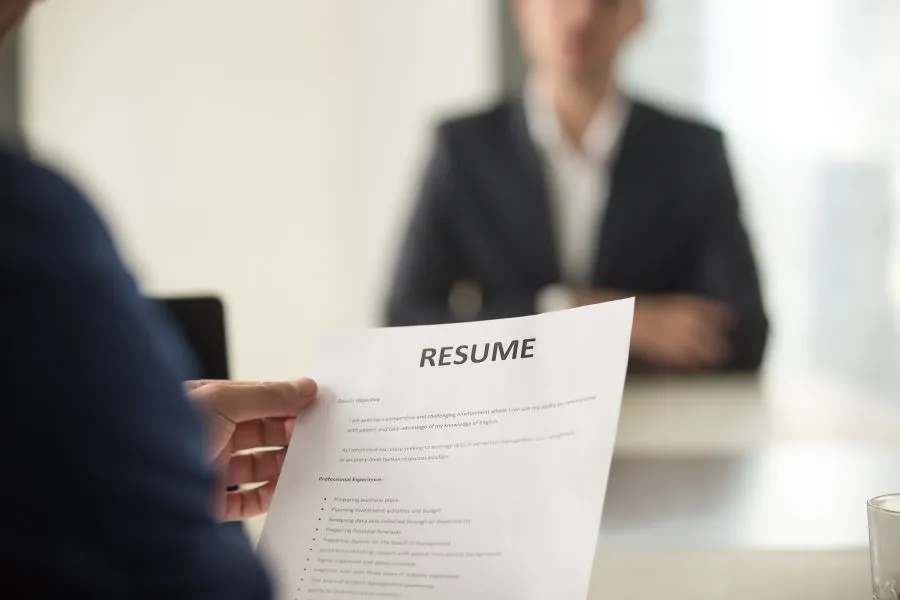Reference checks are an important step in the hiring process. It provides you with valuable insights into a candidate’s qualifications, work ethic, and character. By diligently looking into prospective hires, you can make an informed decision on whether they’re the right fit for your organization. In fact, just by learning how to do a reference check call can make all the difference when you finalize your hiring decisions.
In this article, we explore the key aspects of conducting reference checks. Starting from when and why you need to do them to some of the best practices you can do to gather meaningful feedback.
But First, What are Reference Checks and Why is it Important?
To put it simply, reference checks are a standard part of the hiring process where employers contact individuals who have worked closely with a job candidate in the past. The candidate’s “references” could be former supervisors, colleagues, professors, and other professional contacts.
To understand the significance of reference checks, here are some key reasons that highlight their value:
- Verification: One of the primary purposes of reference checks is to verify the accuracy of the information provided by the candidate in their resume and interviews. You can confirm details such as employment dates, job titles, responsibilities, educational attainment, and other essential information.
- Qualification Assessment: Reference checks allow you to gain a deeper understanding of a candidate’s qualifications, skills, and work history. Their references can provide insights into the applicant’s strengths, weaknesses, and overall suitability for the job role.
- Character Assessment: Reference checks provide an opportunity to assess the candidate’s character, work values, and professionalism. You can gather information about their reliability, integrity, and ability to perform well with other team members in your company.
As hiring managers, you have to do your due diligence in recruiting new members of your workforce. That way you can increase the likelihood of selecting the right candidate who will contribute to your company’s success and avoid costly hiring mistakes.
Learning How to Check Someone’s References
Now that you know what reference checks are and why it’s an important part of the hiring process, here are seven reference checking tips that may help you conduct them seamlessly.
Timing
Conducting reference checks is typically done after initial interviews but before extending a job offer. You don’t want to do reference checks for all your initial applicants as that can prove ineffective and time-consuming.
Usually, candidates who undergo this process are those who have done well during interviews and have strong suitability qualifications for the role they’re applying for. Just keep in mind that reference checks should be conducted consistently for all final candidates to ensure a fair and objective evaluation process.
Permission Requests
Before contacting a candidate’s references, it’s essential to obtain their consent. Notify the applicant in advance that you will be conducting background checks and ask for a list of their professional references.
Be wary of outdated or false reference information as it happens more often than you think. As part of the application process, ensure that the candidate provides up-to-date contact information for their references. That way, you limit encountering issues in doing background checks.
Preparing for Reference Checks
Effective and efficient reference checks require careful preparation. Make sure you review the candidate’s resume, cover letter, and interview notes to identify specific areas of interest or concern. Create a list of questions that focus on the candidate’s qualifications, work experience, interpersonal skills, and other relevant factors.
Choosing the Right References
Candidates typically provide professional references, such as former managers, mentors, and colleagues. And if you’re hiring independent contractors, their references could be former clients.
As long as the references the applicants gave have direct knowledge of their work and character, they’re good contacts to call. Avoid relying solely on personal references as they may not provide a well-rounded perspective.
Asking the Right Questions
During reference calls, ask open-ended questions that prompt detailed responses. Focus on the candidate’s qualifications, job performance, teamwork, communication skills, and ability to handle challenges.
Sample questions you can ask are:
- Can you describe the candidate’s strengths and areas for improvement?
- How did the candidate contribute to the success of your team or projects?
- Can you cite examples of how the candidate handles high-pressure situations?
Asking the right questions is especially important when hiring international employees. Since there’s a level of cultural barriers, you have to properly determine if they can fit in your office environment. If needed, don’t be afraid to ask their references more probing questions to get a better insight into their overall character and values.
Feedback Assessment
After conducting reference checks, you must evaluate the feedback received from the references you contacted. Compare the information gathered with the applicant’s qualifications and interview performance. Look for consistency in feedback and consider any red flags or areas of concern.
In case of negative feedback, approach it with an open mind. You still have to consider the context and severity of the concerns raised and give the candidate the opportunity to discuss these issues from their perspective.
Making Informed Decisions
Reference checks should influence your hiring decision but cannot be the sole determinant. Consider the overall picture, including the candidate’s qualifications, interview performance, and cultural fit.
Use reference feedback to confirm your impressions and ensure that the candidate aligns with your organization’s needs and values.
By following the best practices in this guide, you can conduct reference check calls effectively, make informed hiring decisions, and ensure that the candidates you select are the best fit for your organization. Remember, thoughtfully and professionally executed reference checks contribute to building a strong and successful workforce.
Investing in Skillfuel’s Recruitment Management System
As you go through the hiring process, you want to connect with prospective candidates that fit the positions you need to fill rather than getting unqualified applicants. And with the numerous applications you receive, you want an efficient system that can manage your recruitment process.
With that said, here at Skillfuel we can offer you an effective management system to assist your hiring strategies. With our web-based recruitment software, we can help you with applicant tracking and interview scheduling, perfect to easily conduct your reference checks! Our talent acquisition solutions can be the system you need to help you pair with suitable candidates effectively.
Let our software be your all-in-one tool to implement your recruitment strategies! Contact us today to learn more about how we can help you.
















